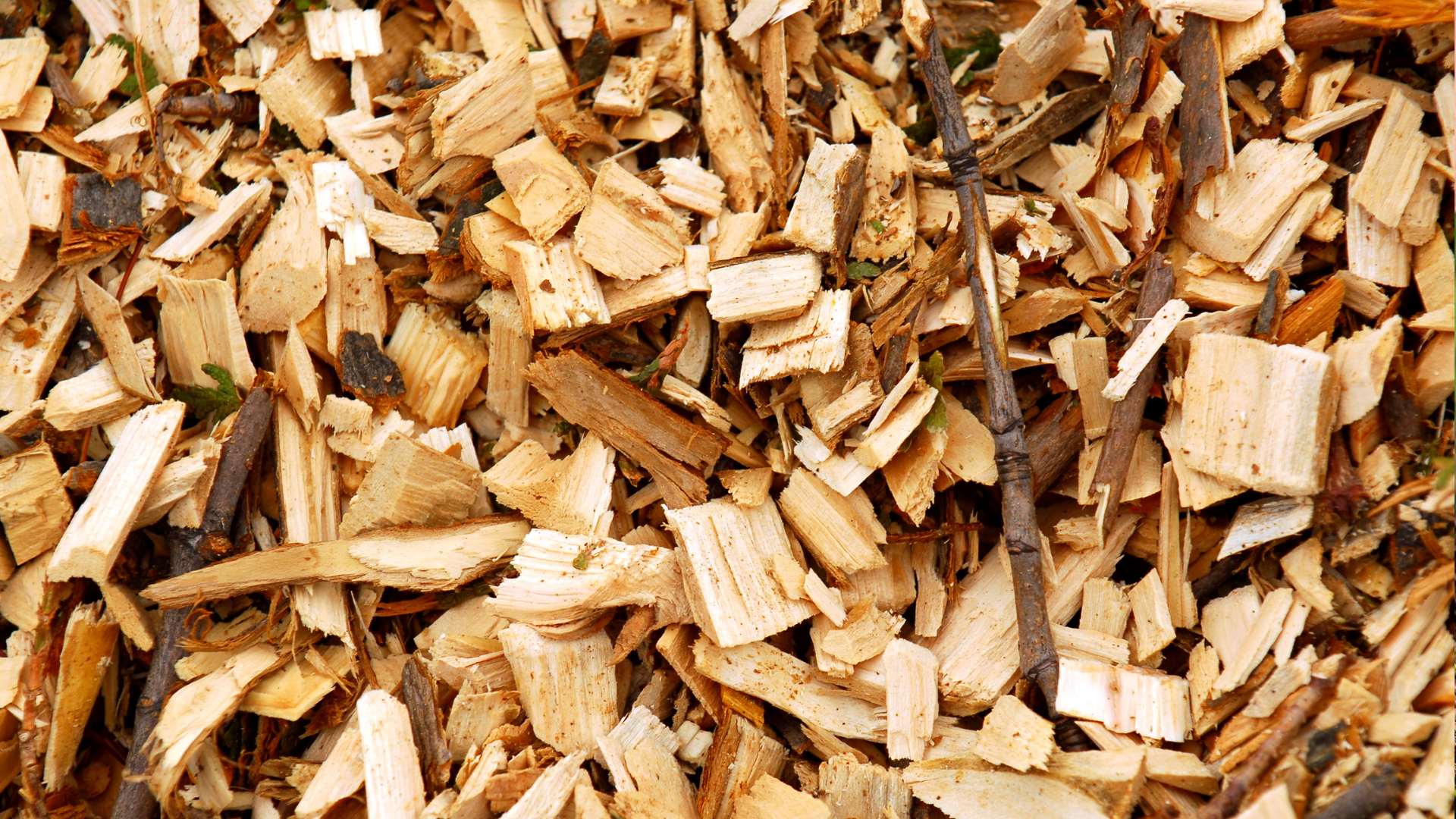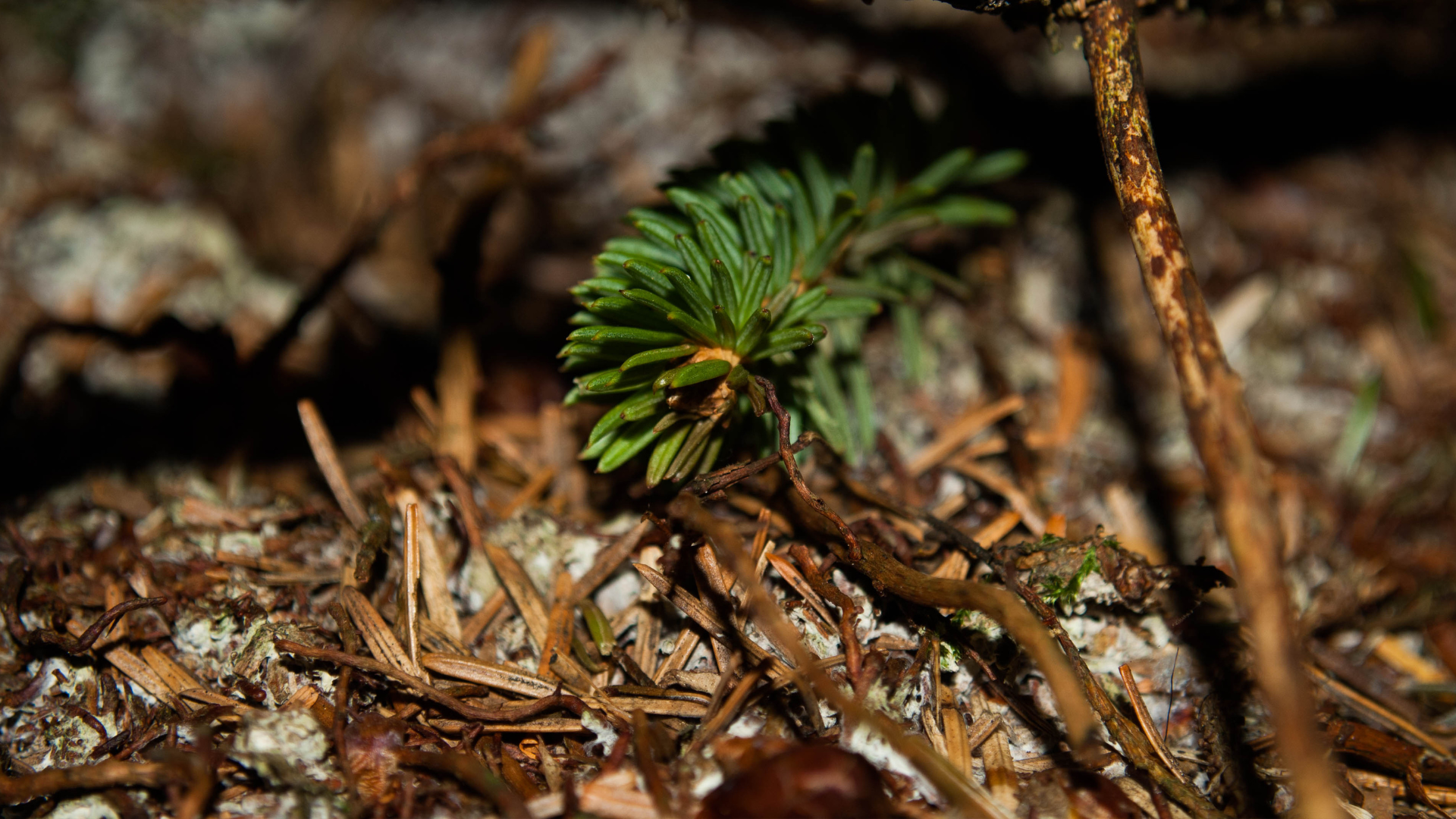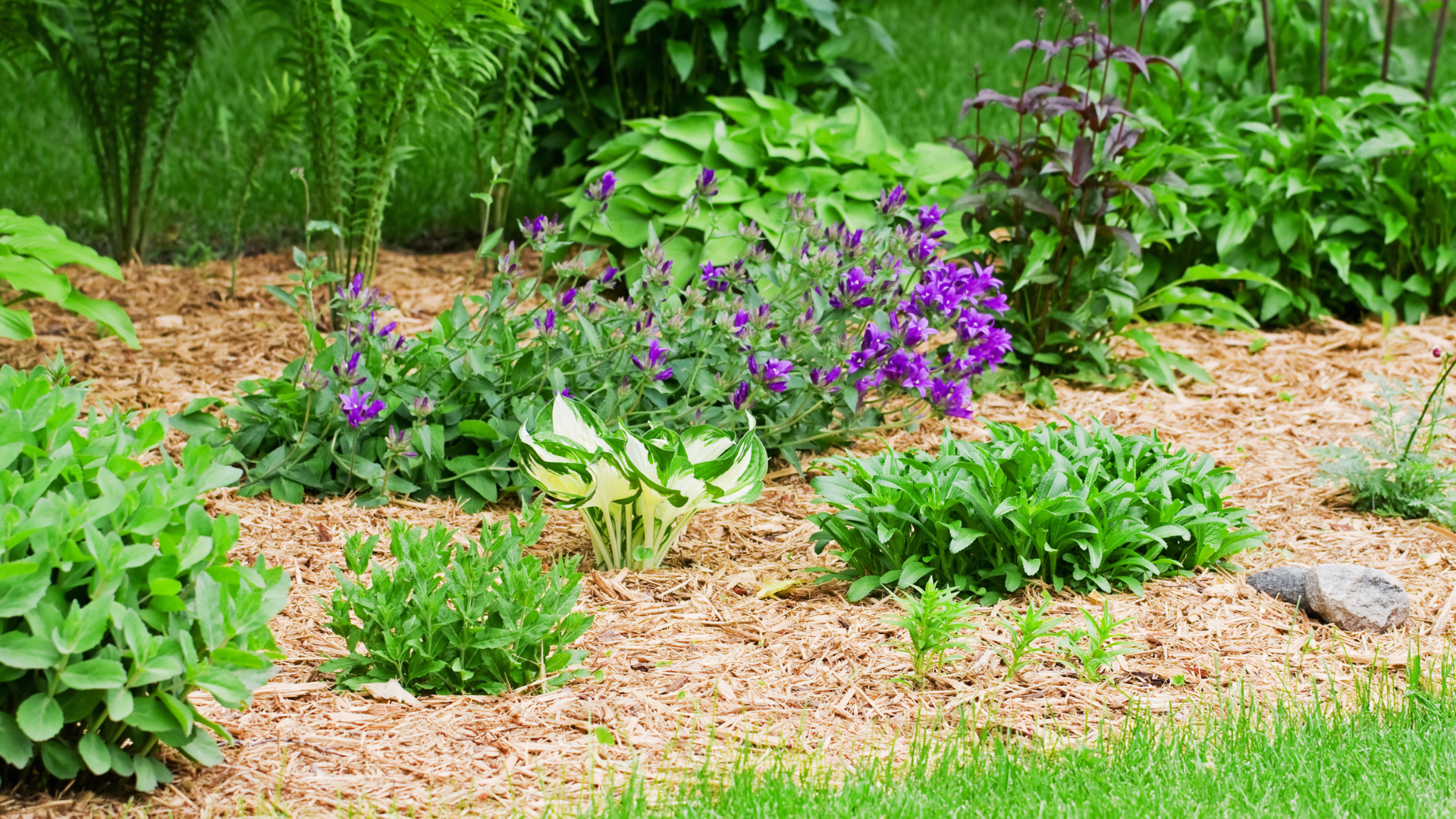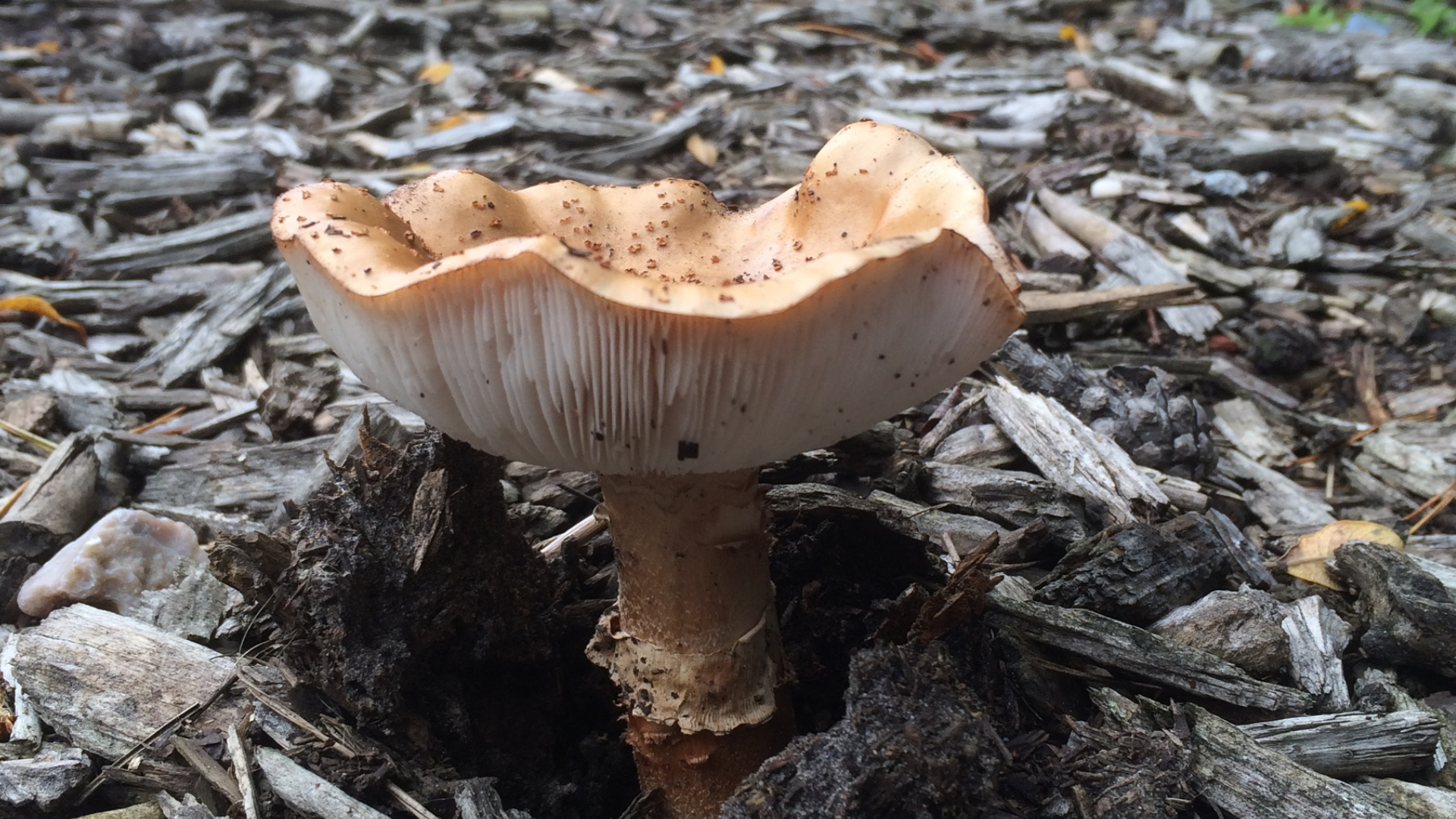What to do with Pine Wood Chips?
Wood chip mulch can be an effective tool in your garden, but there are plenty of other uses for pine trees too
Pine trees are common, hardy and a frequent building material for property owners and in the construction industry.
But there is a lot of wood waste associated with pine trees, whether you've got off cuts and tree branches, or you're planning on chipping entire trees. Thankfully there are plenty of uses for pine wood chips, whether you've got a vegetable garden or are looking to prevent soil erosion on your property.
So let's look at common uses for these fresh wood chips and see what you can do with them.

Benefits to pine wood chips
Planning on using pine wood chips around your property? Or do you want to use them to make an organic mulch?
One of the benefits to pine wood chips is that, because it's a softwood species, it will decompose much faster than hardwoods species. This means that it will add to your soil base much faster, great for when you want to add a layer of wood mulch to the top few inches of soil in your garden.
Pine wood chips:
-
-
Provide a valuable source of carbon for your soil
-
Can be chipped to smaller pieces to decay faster or larger ones to decay more slowly
-
Allow plant growth while suppressing weeds
-
Are a natural infill material
-
One of the downsides of pine is that it absorbs nitrogen, so if you're concerned you can always use a nitrogen-rich fertilizer to supplement your soil if you plan on using a lot of pine wood chips over time. If you mix in or periodically switch to different types of wood mulch you're using in your garden you can get around this drawback. This allows you to continue using your wood chip mulch, while using up other types of wood waste on your property too.

Uses for Pine
So what can you use pine wood chips for around your property? Let's go over the common uses and see how you can best make use of your pine yard debris.
Wood Chips as Mulch
Pine wood chips can make excellent mulch for your garden. As mentioned above, pine is abundant and quickly adds to the existing soil base. It's also rich in nutrients and can make for a great soil amendment.
The benefits of using fresh chips in your garden mulch includes:
-
-
Prevent soil erosion
-
Improved temperature control of the soil
-
Suppress weeds
-
Reuse existing wood chips and compost pile
-
Wood chips can help your mulch to keep the soil moist, and can be easily made using existing yard debris like tree branches and pine needles.
Apply a thick layer to the top few inches of your garden beds, and enjoy the benefits of your pine chips. Pine does soak up all the nitrogen in the soil, so you can negate this by mixing in other types of wood chips or rotating different organic matter into your mulch.

Garden Paths
Pine wood chips can make for great garden pathways. Deciduous trees have a really distinctive bark that makes them visually appealing, so many people try to use specifically pine chips. There's a few different ways you can prepare your pine wood chip walkways:
-
-
Just wood chips: Fresh from the wood chipper, these chips are durable, but will also gently add to the soil base as they decompose, giving fresh nutrients to the ground underneath. You may have to annually add to these pathways to continue to suppress weed growth as they decay.
-
Shredded wood: This softer material can be mixed in with harder parts like wood chips or tree bark. This may be a little better for playgrounds or places where kids can softly land. This type of material soaks up rainwater better than wood chips, so if you want a longer term plan for retaining moisture, you may need to routinely top it up or use larger chunks of wood.
-
Tree Bark: Pine bark mulch looks great, and smells amazing when it's first spread. This is excellent if you want to keep the logs, but plan on debarking them and putting that waste material to use. Pine bark is great for garden areas where you want to make a visual impact. Some manufacturers use a dye to paint it red, which you can do at home if you like the look of it.
-
Erosion Control
Wood chips can help with preventing erosion in areas where you're worried rain might slowly eat away at the land. Because wood chips have great moisture retention, they'll soak up water and slowly disperse it.
If you want to build up an area that's being eroded, here are few tips:
-
-
Use wood chips and large chunks of wood debris
-
Apply a three-inch layer to the affected area
-
Annually top it up with fresh wood chips as they begin to decay and erode
-
This can be a great temporary solution or long-term one if you intend on sticking with it and supplying the area with fresh chips each year. This is also a great option because nearby plants can continue to get rainwater and grow, something that's less likely with common infill materials like gravel or sand.
Try this out small scale in an eroding area, or scale it up with a large pile of wood chips. This landscaping solution might just save you a ton of money.

Mushroom Growing
This may seem like an odd suggestion but have you thought of growing mushrooms? Fungi love growing in high moisture environments and a thick layer of wood chips or mulch can help retain moisture in the soil and promote growth.
Species like oyster mushrooms, wine cap stropharia, and shiitake are well-suited for wood chip cultivation.
Set up a planter in your garden and try growing mushrooms. As the wood chips break down they'll make good food for your mushrooms and eventually your crop will make a great food for you too.
Join the Woodland Mills Community Facebook group. Search advice and insights from over 65,000 knowledgeable, supportive members.
- Pre-purchase considerations
- Sawmill set-up support
- Project inspiration photos and videos
- Community troubleshooting support
